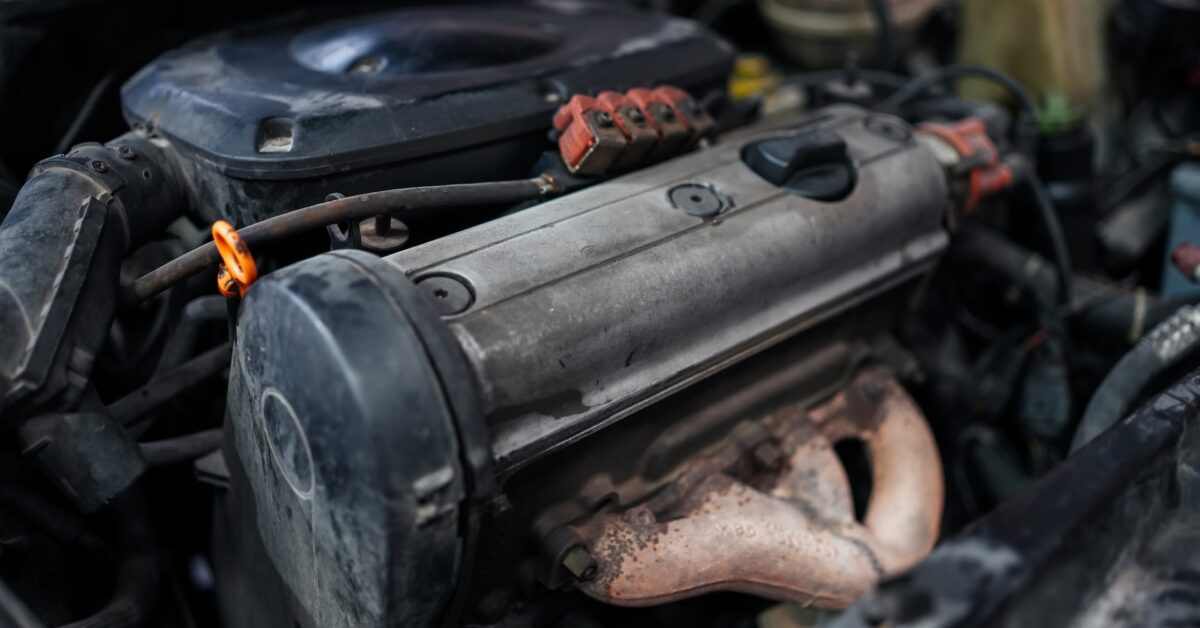Owning a car is not just about the freedom of the open road or the convenience of getting from A to B; it’s about forming a relationship with a complex piece of machinery that needs attention and care. Just like any relationship, the bond with your car requires understanding and responsiveness to its needs. This guide is here to help you recognize the signs that your car needs servicing and special care.
Knowing Your Car’s Basics
Before diving into the signs of needed maintenance, it’s crucial to understand your car’s basic needs. Regular check-ups, oil changes, and tire rotations are the equivalent of a balanced diet and regular exercise for your car.
Familiarize yourself with the manufacturer’s recommended maintenance schedule in your car’s manual – it’s the starting point of good car care. A lot of brands often do deals, like these Toyota service specials, so keep an eye on these.
Quick Tips:
- Regularly check your car’s fluids (oil, coolant, brake fluid).
- Keep an eye on tire pressure and tread depth.
- Change oil and filters as recommended.
Signs It’s Time for a Check-Up
Unusual Noises
One of the most obvious signs that your car needs attention is unusual noises. Squealing brakes, a rumbling exhaust, or a knocking from the engine should never be ignored. These sounds could indicate worn brake pads, exhaust system issues, or engine problems, respectively.
Performance Issues
If you notice your car struggling up hills, hesitating when you accelerate, or generally feeling sluggish, it might be crying out for help. Performance issues can be caused by a range of problems, from clogged filters to more serious engine troubles.
Dashboard Lights
Modern cars are equipped with an array of warning lights on the dashboard. If any of these lights come on – especially the check engine light – it’s time to schedule a visit to the mechanic. Don’t ignore these alerts; they’re there for a reason.
Routine Maintenance Tips
Oil Changes
Regular oil changes are like refreshing the lifeblood of your car. Old oil can lead to increased friction and heat, causing wear and tear on the engine.
Tire Care
Your tires are the only part of your car that touches the road, so keeping them in top condition is vital. Regular rotations and alignments extend their life and improve your car’s handling.
Battery Maintenance
A weak or dying battery can leave you stranded. Check your battery’s health periodically, especially before winter, as cold weather can be tough on batteries.
When to Seek Professional Help
Diagnostic Trouble Codes (DTCs)
Most cars have an onboard diagnostic system. If your car’s check engine light is on, a mechanic can use a scanner to read these codes and diagnose the problem.
Strange Fluid Leaks
If you notice any unfamiliar puddles under your car, it’s a sign that something might be leaking. Whether it’s oil, coolant, or brake fluid, leaks can lead to serious problems if not addressed.
Overheating
An overheating engine is a serious issue. If you notice the temperature gauge climbing higher than usual, get your car checked immediately.
Advanced Care for Older Cars
Rust Prevention
Older cars are more prone to rust, especially in areas with snow and road salt. Regular washing and waxing can help, as can a check for rust spots, which may need professional treatment.
Suspension and Steering
Worn suspension and steering components can make your car unsafe. Pay attention to how your car handles and get any changes checked out.
Seasonal Maintenance: Preparing Your Car for Different Weather Conditions
Preparing for Summer
Summer heat can be tough on your car. To prepare:
- Check the Air Conditioning: Ensure your AC is working efficiently to keep you cool.
- Inspect the Cooling System: Overheating is more common in summer. Check coolant levels and the condition of hoses and the radiator.
- Protect Your Car’s Exterior: Regular washes and a good wax can protect your car’s paint from sun damage.
Gearing Up for Winter
Winter brings its own set of challenges for vehicles.
- Battery Check: Cold weather can reduce battery power. Ensure your battery is in good condition.
- Tire Swap: If you live in a snowy area, consider switching to winter tires for better traction.
- Antifreeze is Essential: Make sure your car has enough antifreeze to avoid freezing in low temperatures.
Transitioning to Spring
Spring is a time of renewal, even for your car.
- Post-Winter Inspection: Check for any damage from winter roads, like salt-induced rust or pothole damage.
- Tire Pressure Adjustment: Temperature changes can affect tire pressure. Adjust accordingly.
- Clean Inside and Out: A thorough cleaning can remove any salt residue from winter and prepare your car for the warmer months.
Autumn Preparations
Autumn is a crucial time to prep your car for the colder months ahead.
- Check Your Lights: As days get shorter, proper lighting is essential.
- Brake Inspection: Ensure your brakes are ready for potentially slippery roads.
- Windshield Care: Replace any worn wipers and top up windshield washer fluid.
By following these seasonal maintenance tips, you can help ensure your car adapts to changing weather conditions and remains reliable year-round. Remember, a well-maintained car is a safer, more efficient, and more enjoyable vehicle to drive.
Conclusion
Remember, a little TLC can go a long way in extending the life and performance of your car. Happy and safe driving!



